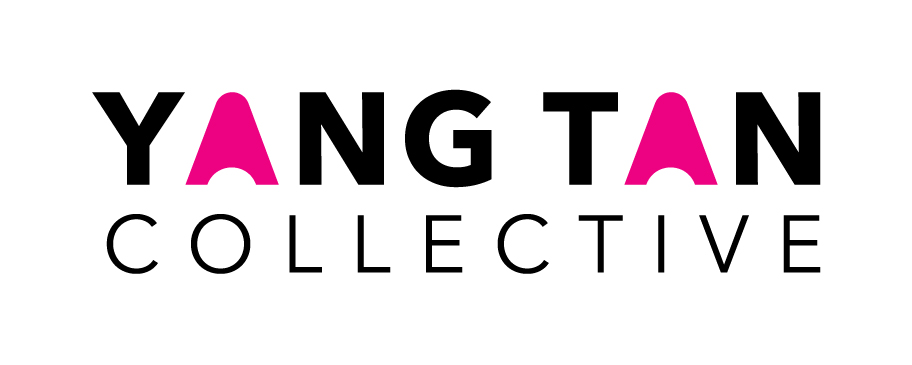Supported Researchers
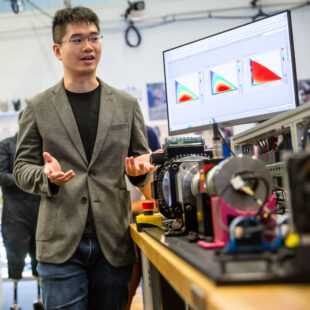
J. Douglas Tan Postdoctoral Fellowship Program
In honor of J. Douglas Tan, these fellowships support postdocs for up to two years of research on autism.
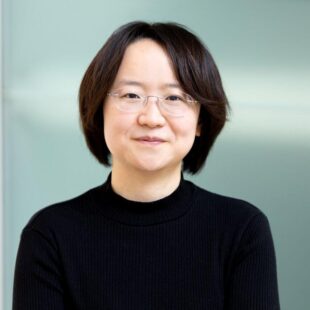
Yixi Liu
Postdoctoral Fellow, Boyden Lab
Yixi Liu will use an advanced nanoscale imaging technique, network-fixation expansion microscopy (nfExM), to investigate nanoscale structural changes in synapses and mitochondria in autism models, aiming to identify potential biomarkers and deepen our understanding of autism spectrum disorders.
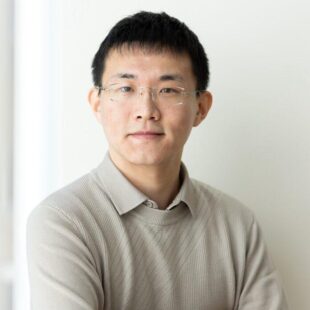
Di Sang
Postdoctoral Fellow, Feng Lab
Di Sang is developing new pharmacological and genetical therapeutic approaches for autistic spectrum disorder with animal models.
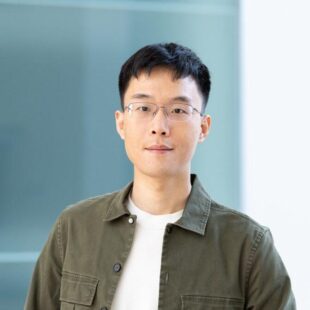
Zeguan Wang
Postdoctoral Fellow, Boyden Lab
Zeguan Wang’s research focuses on developing new optical and molecular techniques to record and precisely control neural activity in the brain, with the ultimate goal to uncover fundamental principles that could inspire novel therapeutic strategies for treating brain disorders.

Chaoyi Zhang
Postdoctoral Fellow, Feng Lab
Chaoyi Zhang is advancing the application of brain imaging techniques in behaving marmoset and mouse models of ASD, enabling cross-species comparisons of neural dynamics underlying social and cognitive behaviors, as well as responses to medical interventions.
Y. Eva Tan Fellowship Program
In honor of Y. Eva Tan, these fellowships support graduate students or postdocs for up to two years of research and development in molecular therapeutics.

Eva Lendaro
Postdoctoral Fellow, Wang Lab
Eva Lendaro investigates how sympathetic nervous system activity and axonal sprouting after craniofacial nerve injury drive chronic neuropathic pain, with the goal of developing targeted molecular and neuromodulatory strategies to prevent and treat orofacial pain.
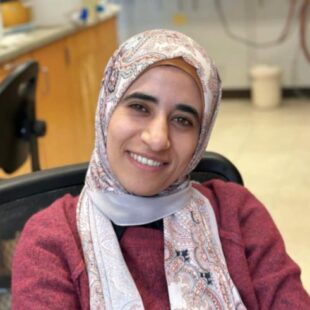
Samira Mohammed
Postdoctoral Fellow, Jasanoff Lab
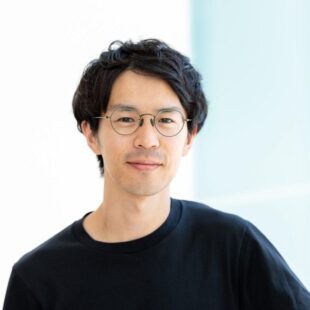
Keisuke Nagao
Graduate Fellow, Anikeeva Lab
Keisuke Nagao develops novel strategies for the systemic delivery of gene-editing tools to animal models via a chemical approach.
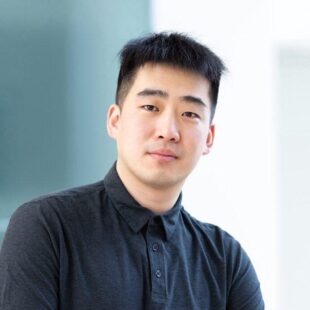
Guang Xu
Postdoctoral Fellow, Boyden Lab
Guang Xu uses advanced 2D human iPSC-based models and 3D human brain organoids to investigate microglia–oligodendrocyte communication in Alzheimer’s disease, aiming to uncover mechanisms that promote myelin formation and repair to inform therapeutic development.
Brain-Body Center Fellowship Program
The K. Lisa Yang Brain-Body Center offers two years of support for graduate students or postdoctoral researchers investigating neurobiological mechanisms and therapies that interlink a healthy mind and healthy body, including gut-brain interactions, aging, pain and acupuncture.
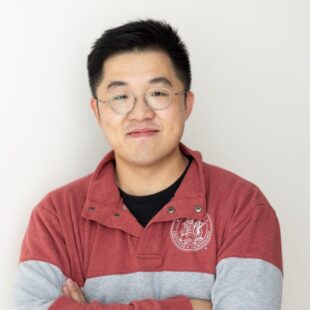
Yubin Cai
Graduate Fellow, Traverso Lab
Yubin Cai’s research leverages expertise to explore the intricate mechanisms of gut-brain communication and evaluate the effects of gastric electrical stimulation (GES) on brain health and behavior.
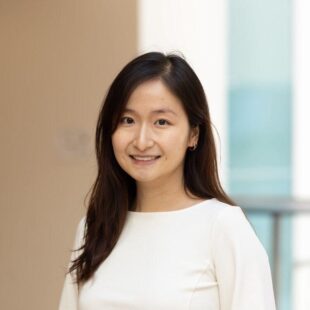
Danlei Chen
Postdoctoral Fellow, Lewis Lab
Danlei Chen’s research investigates how sleep-dependent neural and bodily rhythms regulate cerebrospinal fluid flow and how this process contributes to waste clearance in the human brain, aiming to uncover individual and age-related differences that shape resilience and support long-term brain health.

Kyla Nichols
Postdoctoral Fellow, Ribbeck Lab
Kyla Nichols aims to uncover how mucus facilitates estrogen metabolism and availability by the gut microbiome and how this could influence sex-based differences seen in mental health disorders via the gut-brain axis.
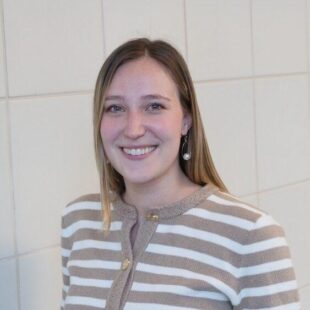
Emily Robinson
Graduate Fellow, Prescott Lab
Emily Robinson studies mechanisms for how the lungs and brain communicate in asthma with the goal of developing new therapies.
Center for Bionics Fellowship program
The K. Lisa Yang Center for Bionics provides fellowships for graduate students developing novel neural-mechanical interfaces for control of bionic limbs.
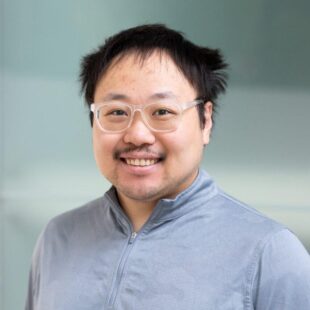
Junqing Qiao
Graduate Fellow, Herr Lab
Junqing Qiao is developing a real-time muscle-tendon stiffness sensor for the exoskeleton application.
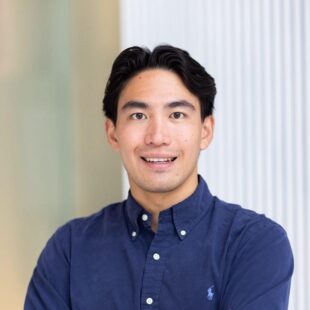
Duncan Lee
Graduate Fellow, Herr Lab
Duncan Lee studies how understanding the biomechanics of people with lower limb amputation can inform better design of prosthetic ankle-foot devices, enabling improved mobility and quality of life outcomes.
ICoN Center Fellowship Program
The K. Lisa Yang Integrative Computational Neuroscience Center offers two year fellowships for graduate students and postdocs to work collaboratively across neuroscience disciplines and develop computational models based on data acquired from molecular, physiological, imaging and behavioral experiments.
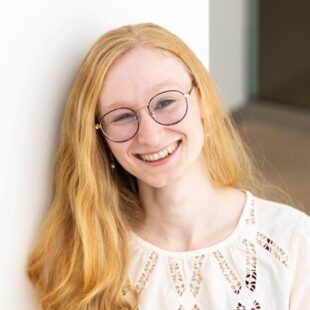
Marlene Berke
Postdoctoral Fellow, Saxe and Tenenbaum Labs
Marlene’s research extends the computational framework for Theory of Mind models (how people attribute hidden mental states to other people, like what someone else wants or knows) to include subjective experience, using pain attribution and communication about pain as a case-study with clinical importance.
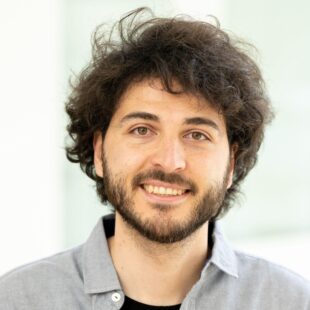
Fabio Catania
Postdoctoral Fellow, Ghosh, Gabrieli, and Seethapathi Labs
Fabio Catania focuses on understanding the behaviors and communication patterns of autistic people through the lens of human-robot interaction.
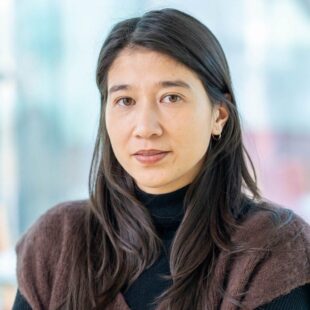
Naomi Chaix-Eichel
Postdoctoral Fellow, Seethapathi and Herr Labs
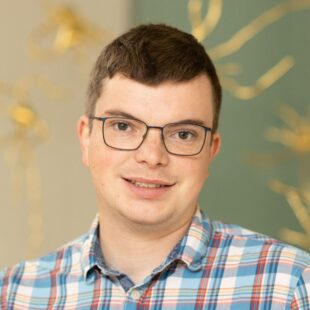
Antoine De Comite
Postdoctoral Fellow, Feng and Seethapathi Labs
Antoine De Comite aims at developing comparative models of naturalistic motor control across species and populations.
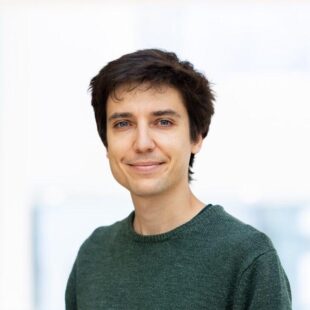
Andrea de Varda
Postdoctoral Fellow, Fedorenko and Levy Labs
Andrea de Varda will use multilingual neural network language models to investigate the brain correlates of language comprehension across different languages.
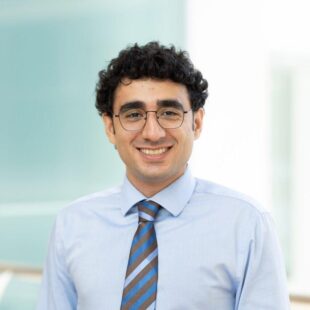
Mohammad Amin Fakharian
Postdoctoral Fellow, Jazayeri and Wang Labs
Mohammad is studying how the brain regulates and controls breathing and how breathing, in turn, influences decision-making and behavior.
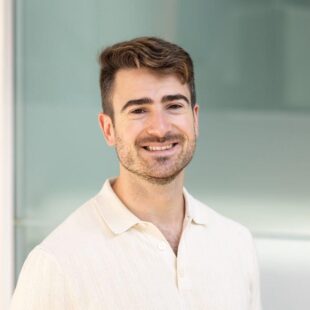
Michael Fernandez
Graduate Fellow, Herr lab
Michael is developing a pipeline that surgically creates neural interfaces during below-elbow amputation to preserve proprioceptive and cutaneous afferents, leveraging these circuits in intuitive motor intention decoders to enhance functional prosthesis control.
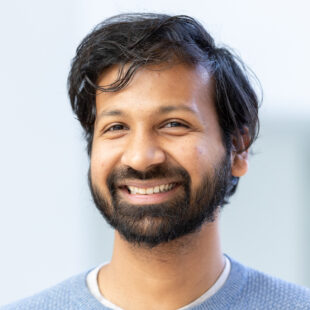
Lakshmi Govindarajan
Postdoctoral Fellow, McDermott and Fiete Labs
Lakshmi Govindarajan’s research draws from modern statistical tools to provide computational accounts of the interface between perceptual and cognitive processes in biological systems.
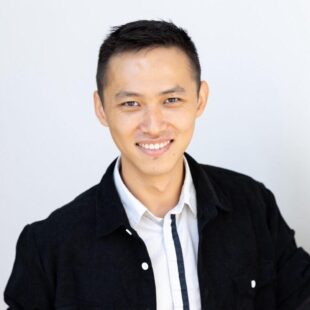
Daoyuan Qian
Postdoctoral Fellow, Fiete and Fee labs
Daoyuan’s research focuses on theoretical aspects of modularity and generalisation in the context of artificial neural networks, as well as computational models of birdsong-learning and memory.
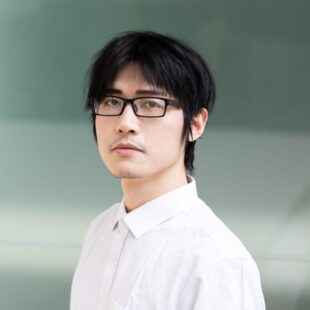
Qianli Liao
Postdoctoral Fellow, Poggio Lab and Harnett Lab
Qianli Liao aims at further bridging the gap between artificial and biological neural networks: he studies how to implement deep learning in the brain and how exactly biological neural systems can effectively train their neural networks at circuit and synaptic levels.
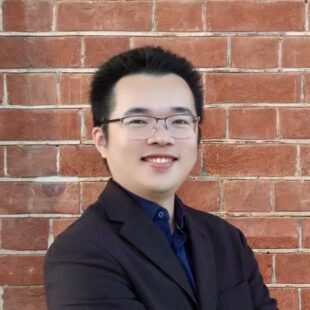
Postdoctoral Fellow, Wang Lab and Dorkenwald Lab
Ming Liu uses electron microscopy and computational approaches to map the neuronal circuits underlying inspiratory rhythm generation at synaptic resolution, and combines in vivo imaging with spatial transcriptomics to identify the molecular and cellular basis of vocalization and vocal-respiratory coordination in the brain.
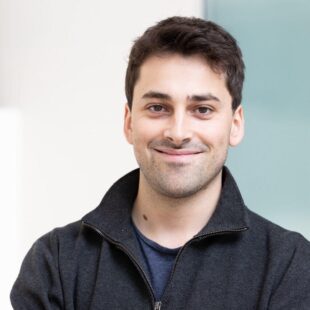
Johan Medrano
Postdoctoral Fellow, Jasanoff Lab and Brown Lab
Johan Medrano is developing biophysical models of brain-wide activity and plasticity mechanisms using neural-circuit-specific functional imaging tools.
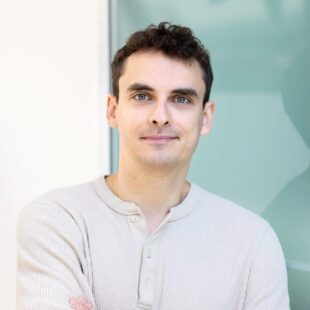
Dan Mitropolsky
Postdoctoral Fellow, Miller and Poggio Labs
Dan Mitropolsky will continue developing a theoretical computer science approach to understanding the brain: defining and studying minimalistic models based off the simplest assumptions from neuroscience, and in particular thinking about what are the necessary assumptions to make language and learning possible.
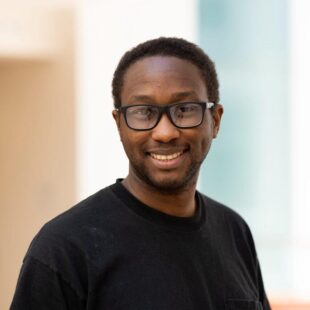
Quilee Simeon
Graduate Fellow, Boyden Lab

Hao Zheng
Postdoctoral Fellow, Fiete and Wang Labs
Hao Zheng’s research focuses on Computational Psychiatry: How a dynamical system balances the flexibility and stability, and then what causes transition to imbalance in mental disorders.
K. Lisa Yang GEAR Center Fellowship Program
The K. Lisa Yang GEAR fellowship program provides up to two years support for global engineers positioned for a career of addressing compelling, high-impact, real-world challenges.
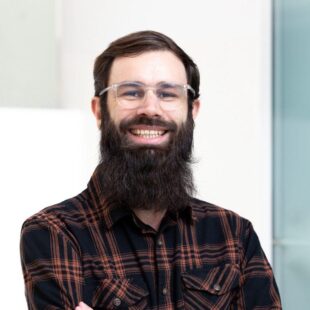
Leonardo Capeleto de Andrade
Postdoctoral Fellow, GEAR Lab
Leonardo Capeleto de Andrade works on solutions addressing critical challenges emergent from the polycrises of climate change and rapid urban growth in the Amazon, focusing on sustainable, co-designed water and sanitation solutions for vulnerable groups.
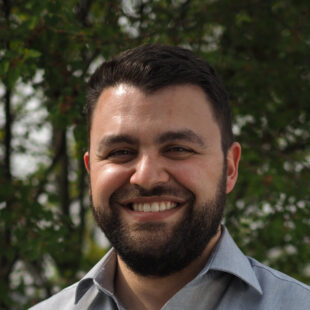
Joël Chapuis
Postdoctoral Fellow, GEAR Lab
Joël Chapuis will focus on developing a design framework for a conformal and modular hydrogen storage architecture aimed at addressing key challenges in hydrogen mobility.

Chotiwat Jantarakasem
Postdoctoral Fellow, GEAR Lab
Chotiwat Jantarakasem will conduct problem scoping and identify research opportunities where cutting-edge technology can address pressing needs to improve access to clean water and sufficient, safe food for people around the world, particularly in vulnerable and underserved communities.
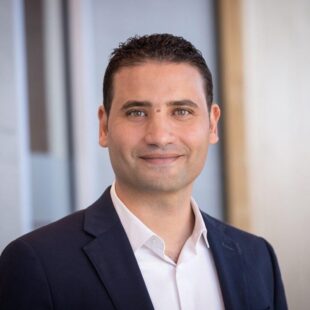
Mohamed Naouri
Postdoctoral Fellow, GEAR Lab
Mohamed Naouri is conducting a techno-economic analysis of integrated desalination and drip irrigation systems to address water scarcity and enhance agricultural sustainability for smallholders.
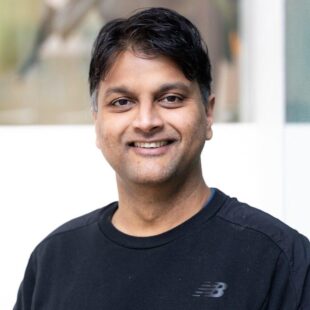
Sai Vadhula
Fellow, GEAR Lab
Sai Vadhula is leading the expansion of GEAR Center’s impact in improving health-span in low and middle income countries through design and development of affordable medical devices for screening, diagnosis and treatment of non-communicable diseases.
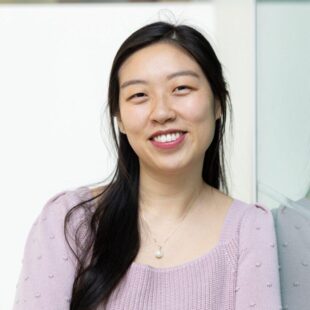
Rose Yin
Postdoctoral Fellow, GEAR Lab
Rose Yin is focusing on combining her interests and experiences to develop medical devices for global health.
Yang Postbaccalaureate Scholar Program
This program provides two years of paid laboratory experience, mentorship and education to prepare recent college graduates, from backgrounds underrepresented in neuroscience, for applications to top graduate and medical schools.

Sebastian Cicconi
Yang Research Scholar, Feng Lab
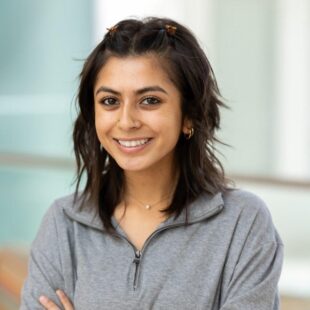
Iman Khanani
Yang Research Scholar, McDermott Lab
Iman Khanani studies how people hear pitch by optimizing computational models for relative pitch perception to test if they exhibit human traits, which could enhance our understanding of auditory processing.
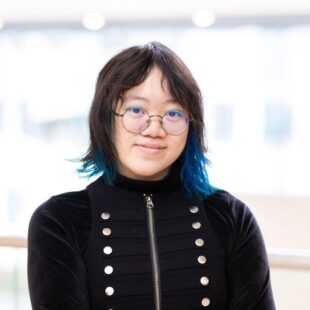
Georgina Woo
Yang Research Scholar, Kanwisher Lab
Georgina Woo is interested in the intuitive physics that underlies our perception of structure and support in the visual world.
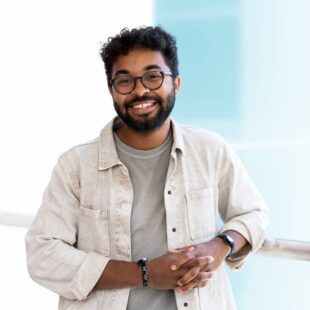
Aaron Wright
Yang Research Scholar, Fedorenko Lab
Aaron Wright is exploring the tapestry of language in the brain through the use of neuroimaging and other methods.
